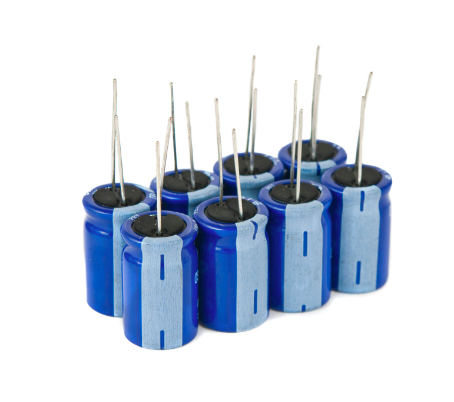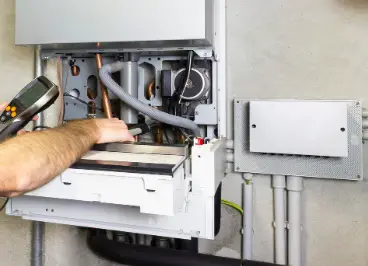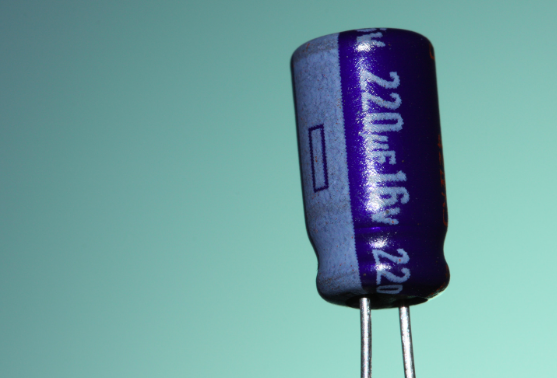Last Updated on November 25, 2022 by mdmtool
A capacitor is an electronic device that stores electrical energy in an electric field. It is composed of two conductors separated by an insulator. A condenser is an older term for a capacitor.
What Is A Capacitor?

A capacitor consists of two metal plates separated by an insulator. The metal plates are usually made of aluminum or copper. The insulator is usually an oxide film. When a voltage is applied to the capacitor, the electric field produced by the voltage causes the electrons to flow from one plate to the other. This creates a potential difference between the plates, which store energy in the form of an electric field.
What Is A Condenser?

A condenser is also composed of two metal plates separated by an insulator. However, the plates are usually made of silver or gold. The term “condenser” is used because the device’s capacity is measured in farads. A capacitor has a higher capacity than a condenser.
Difference Between Condenser And Capacitor

- Material: The main difference between a capacitor and a condenser is the material of the plates. Capacitors are made with aluminum or copper plates, while condensers are made with silver or gold plates.
- Capacity: Another difference is that a capacitor’s capacity is higher than a condenser’s capacity.
- Usage and application: Condensers are used in high-voltage circuits, while capacitors are used in low-voltage courses.
- Storage: The capacitor stores electrical energy in an electric field. A condenser stores electrical energy in a magnetic field.
- Role: Capacitors are used in various applications, including filters in electronic circuits, tuning circuits, energy storage, voltage regulators, and motor starters. Condensers are used in high-voltage courses.

FAQs
What is a Lithium Ion Capacitor?
A lithium-ion capacitor (LIC) is a type of capacitor that uses lithium ions as one of its electrodes. Lithium-ion capacitors are similar to other types of capacitors, but they have some unique properties that make them well-suited for various applications.
What are the benefits of using a LIC?
Lithium-ion capacitors have several advantages over other types of capacitors
- They have a higher energy density, meaning they can store more energy in a given volume.
- They also have a higher power density to discharge their stored energy more quickly.
- Lithium-ion capacitors are more resistant to temperature.
Why is a capacitor called a condenser?
The term condenser is derived from the Latin word condenser, which means “to make sense.” This is because a capacitor stores electrical energy in an electric field, making it appear “dense” compared to other types of devices that store energy in a magnetic field.
Conclusion
The main difference between capacitors and condensers is that capacitors store energy in an electric field, while condensers store energy in a magnetic field. This makes capacitors better at keeping smaller amounts of energy, while condensers are better at storing more significant amounts of energy. Additionally, capacitors usually have lower losses than condensers. This means that they can keep more power over time than condensers.





